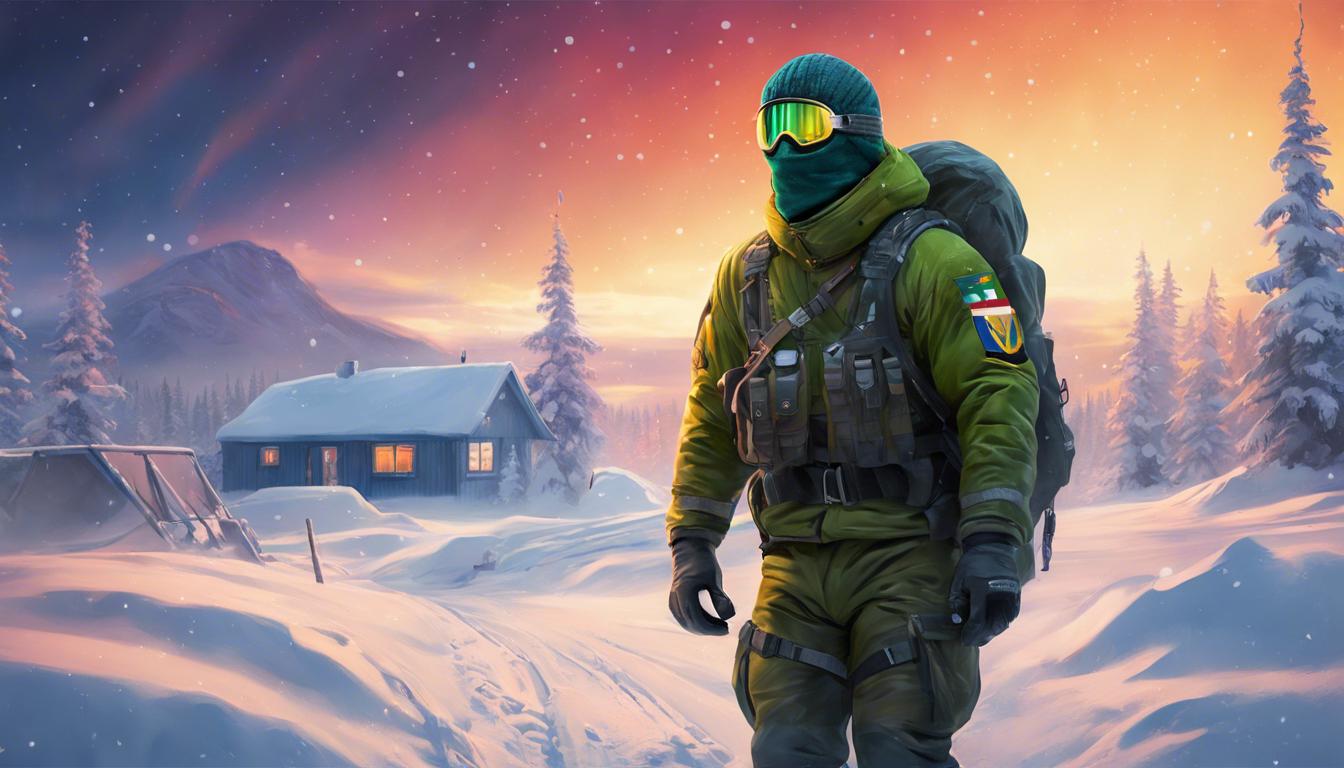The British Army’s Elite Rangers are set to become NATO’s special operations strike force in Northern Europe, focusing on cold weather warfare in Sweden’s Lapland to counter potential Russian threats. This move, alongside comprehensive security pacts with Sweden and Finland, highlights the UK’s commitment to the security of Northern Europe amidst growing military tensions.
In a decisive move to bolster the defense of NATO’s newest member, Sweden, the British Army’s Elite Rangers are preparing for potential threats from Russia by becoming NATO’s designated special operations strike force in Northern Europe. This development, marking the creation of the Army’s first dedicated cold weather warfare unit since the Cold War, signifies the growing military tensions in the region.
The Elite Rangers will be training intensively in arctic and mountain warfare, specifically in Sweden’s Lapland, where temperatures can reach as low as minus 30 degrees Celsius. Working closely with US Navy SEALs, other NATO Special Forces, and Sweden’s 193 Jägarbataljonen, their focus is to reinforce Sweden during crises, equipped with skills honed in one of the coldest climates on earth.
The UK has further demonstrated its commitment to the security of Northern Europe by offering Sweden and Finland comprehensive security pacts, including guarantees of Article 5 rights—NATO’s collective defense clause—in the event of an attack on their sovereignty. This commitment comes despite the UK Ministry of Defence facing its largest budget deficit in a decade, along with recruitment and retention challenges within the Royal Navy.
In the context of these initiatives, the Rangers are also participating in NATO’s Exercise Steadfast Defender, described as the alliance’s largest war games in decades. Featuring 20,000 UK troops, the exercise spans northern and Eastern Europe, showcasing NATO’s readiness to deter Russian aggression, particularly in the High North.
Simultaneously, NATO forces are engaged in the Nordic Response 2024 exercises, with 32 nations participating in what are the alliance’s most extensive drills since the Cold War. A highlight of these exercises was the confrontation between a French frigate and a German submarine in Norway’s icy waters, underscoring the preparedness of NATO members to defend each other. The French warship Normandie successfully neutralized the enemy submarine, thus averting further simulated attacks. This event took place against a backdrop of escalating tensions following Russia’s actions in Ukraine and the expansion of NATO to include Sweden and Finland.
These concerted efforts by NATO forces, characterized by intense training and strategic deployments, aim to strengthen the alliance’s capability to secure its territories against any potential threats, with a particular focus on the strategically sensitive Arctic region.













